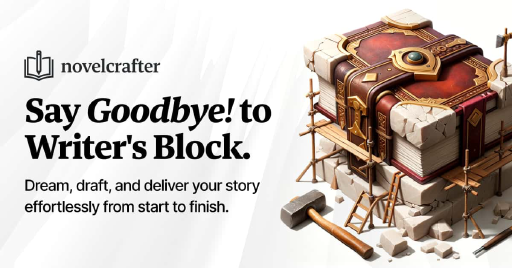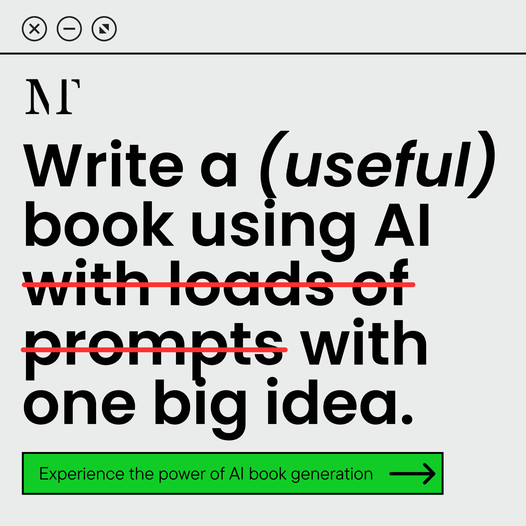
TL;DR
In today’s discussion, we delve into five fantasy clichés that often frustrate readers and viewers alike. These clichés include inconsistent magic systems, epic battles with no real stakes, confusing character names, tacked-on destinies, and fake stakes that undermine the narrative. By avoiding these pitfalls, writers can create more engaging and believable stories.
1. Inconsistent Magic
One of the most infuriating clichés in fantasy storytelling is **inconsistent magic**. This occurs when a narrative’s magic system inexplicably deviates from its established rules for the sake of plot convenience. Such inconsistencies can lead to characters appearing weak or strong at the whim of the writer, which diminishes the stakes and believability of the story.
For instance, consider the film *Wonder Woman 1984*. The plot revolves around a magical stone that grants wishes but comes with significant costs. When Diana Prince wishes to reunite with her deceased lover, her superpowers begin to fade. However, the execution of this concept is flawed. At points in the film, despite supposedly losing her powers, Diana still performs superhuman feats, such as outrunning a speeding truck during a chase.
Moreover, new magical abilities appear without proper setup or foreshadowing. Diana magically turns a plane invisible and later, after renouncing her wish, suddenly gains the ability to fly. These inconsistencies not only confuse viewers but also squander intriguing narrative potential. Instead of presenting Diana with meaningful challenges that require her resourcefulness, the film opts for lazy spectacle.
2. Epic Battles Where Nobody Dies
Another cliché that can tarnish the epicness of fantasy narratives is **epic battles where nobody important dies**. This trope can make battles feel devoid of real stakes, as the main characters often survive through sheer luck or plot armor, while only minor characters or NPCs face the brunt of the violence.
A prime example is found in *Game of Thrones*, particularly during the “Battle of the Bastards.” While the battle is visually stunning, Jon Snow seems to have plot armor thick enough to protect him from mortal danger. He fights on the front lines, surrounded by chaos and death, yet emerges unscathed. The only notable character who dies is an unfortunate soul shot by arrows while Jon stands by, safe and sound.
Similarly, in *Avengers: Endgame*, the climactic battle features no significant hero casualties. This lack of real danger lessens the emotional weight of the confrontation, making it feel like a spectacle rather than a genuine struggle for survival.
3. Confusing Character Names
Next on our list is the cliché of **confusing character names**, which can hinder a reader’s engagement with the story. When character names become excessively complicated or similar, it can pull audiences out of the narrative as they struggle to keep track of who is who.
*House of the Dragon* is a noteworthy example. While the show has received acclaim, many viewers found themselves perplexed by the character names. With characters like King Viserys, Princess Rhaena, and Lady Raina, it can be challenging to remember who is related to whom. The confusion escalates when characters discuss others, leading to moments that disrupt the viewing experience as audiences search their memories for names and relationships.
 What Poetry Feels Like
What Poetry Feels LikeWhile some might argue that seeing characters on screen reduces the importance of names, the reality is that clear and distinct naming helps maintain narrative cohesion, particularly during conversations.
4. Tacked-On Destiny
The **tacked-on destiny** trope is another frustrating cliché in fantasy storytelling. This occurs when a seemingly ordinary character discovers that they are part of a larger destiny, usually introduced late in the story. This twist can undermine the character’s journey, making their struggles feel less authentic.
A classic example is Princess Leia in the *Star Wars* saga. Initially presented as a strong, gritty rebel leader, her sudden revelation as a Skywalker in *Return of the Jedi* diminishes her earlier accomplishments. Instead of being a self-made hero, she is reduced to a mere pawn in a larger, predetermined scheme.
Another instance can be found in *Final Fantasy 8*, a favorite among many gamers. The story follows a group of mercenaries, but midway through the game, it is revealed that they all grew up in the same orphanage run by the antagonist. This twist feels forced and detracts from the individuality of the characters, reducing their heroic efforts to mere serendipity.
5. Fake Stakes
Finally, we arrive at the cliché of **fake stakes**. This occurs when the narrative sets up seemingly high stakes that ultimately lead to meaningless outcomes. Villains may threaten global destruction, but the heroes often find overly simplistic solutions that erase the consequences of the conflict.
Once again, *Wonder Woman 1984* serves as an example. The main villain, Max Lord, creates chaos by granting wishes that lead to widespread suffering. However, the resolution comes when Wonder Woman convinces everyone to renounce their wishes. The result? A return to normalcy without any lasting consequences. This lack of stakes diminishes the narrative’s emotional impact.
Similarly, *Avengers: Endgame* raises stakes to astronomical levels with the snap of Thanos, yet the resolution through time travel simplifies the aftermath. The film glosses over the societal repercussions of losing half of all life for five years, leaving many unanswered questions and missed opportunities for deeper exploration of the world.
Conclusion
In summary, these five clichés—**inconsistent magic**, **epic battles with no deaths**, **confusing character names**, **tacked-on destinies**, and **fake stakes**—can detract from the overall quality of fantasy narratives. By steering clear of these pitfalls, writers can craft more engaging and believable worlds that resonate with their audiences.
Question of the Day
What fantasy cliché do you hate most? Let us know in the comments section below!
Thank you for joining me today. If you enjoyed this discussion, consider picking up a copy of my book, *Bad Parts*, which explores the chilling concept of trading body parts in exchange for health. Remember to like, share, and subscribe for more content, and keep on writing!
Original channel: https://www.youtube.com/channel/UChqAmyhEejCMMIxJmvUrdYw

 Grab my poetry book, 'we're all just wanderers in the end' Here
Grab my poetry book, 'we're all just wanderers in the end' Here AD: Your Book Finally Written...
AD: Your Book Finally Written...